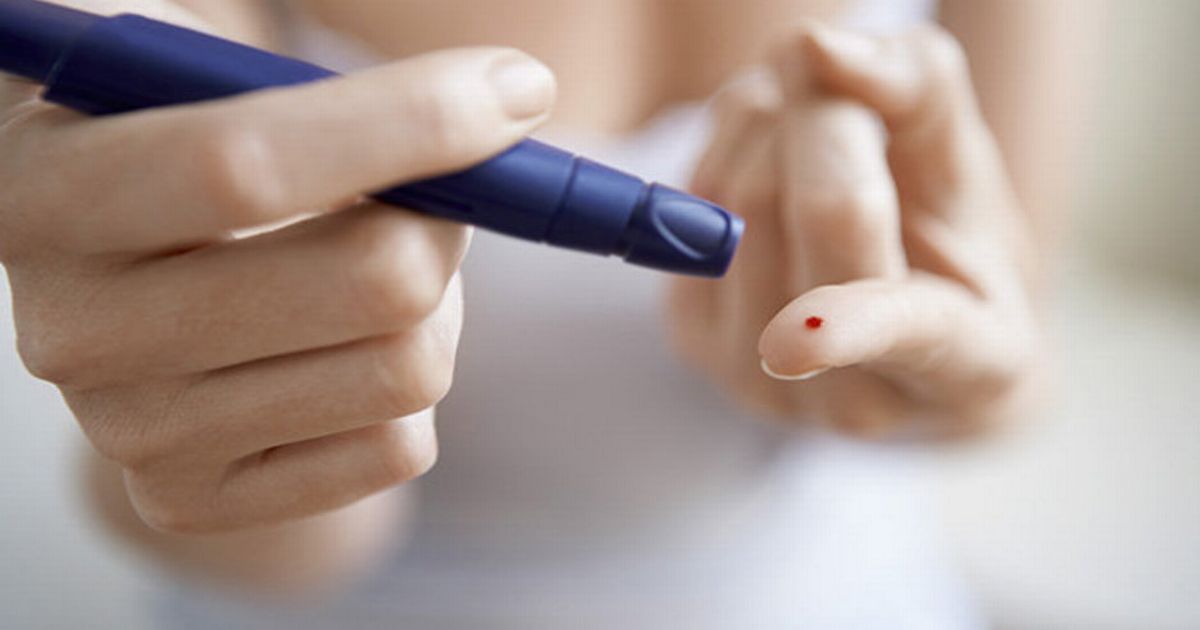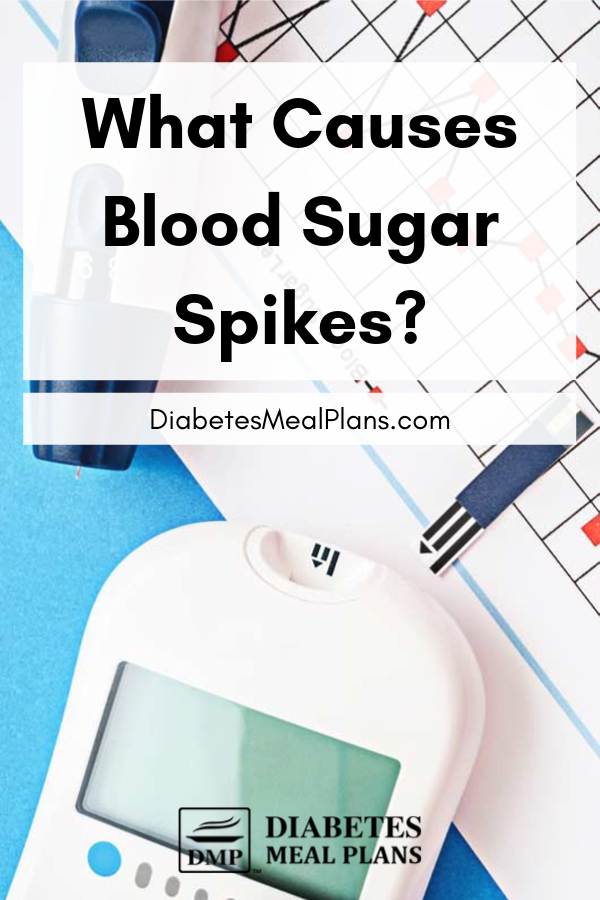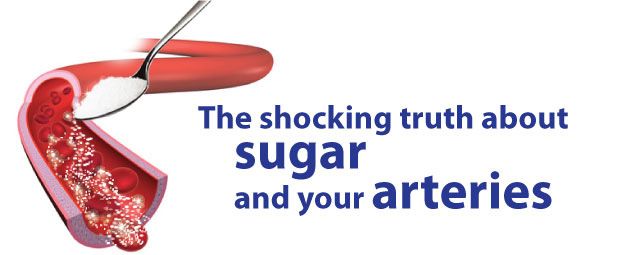High Calorie Foods May Or May Not Cause The Blood Sugar Level To Rise
Many people think that all high-calorie foods raise blood sugar level, but this is not always the case.
In general, foods that cause blood sugar level to rise the most are those that are high in carbohydrates, which are quickly converted into energy, such as rice, bread, fruits and sugar. Next are foods high in protein, such as meats, fish eggs, milk and dairy products, and oily foods. However, even though carbohydrates affect blood sugar levels, if you don’t eat them your diet will be unbalanced and you won’t feel satisfied after your meal, which can lead to excessive consumption of foods rich in protein and fat.
Food containing three major nutrients
| Carbohydrates |
|---|
Choose Low Glycemic Index Foods
The glycemic index measures and ranks various foods by how much they cause blood sugar levels to rise. Research shows that following a low glycemic index diet decreases fasting blood sugar levels.
Low glycemic index foods are those that score below 55 on the glycemic index. Examples of low glycemic foods include:
- sweet potatoes
- fruit
Take Natural Compounds That Help Stabilize Blood Sugar
There are times in life, depending on circumstances, in which we cant stick strictly to whole foods.
The good news is that there are lots of natural compounds that can lower blood sugar spikes caused by sugary foods. So you can occasionally enjoy some pasta or pizza but still curb those fat-inducing sugar spikes.
Read Also: How To Manage High Blood Sugar Levels
How To Lower High Blood Sugar
With careful monitoring and control of your blood sugar levels, you can live a healthy life. There are a number of ways you can lower and prevent high blood sugar.
Learn to count carbohydrates: When you count carbs or keep track of what you are eating, you can control your blood sugar more efficiently. Set a maximum amount you can have each day for your meal,s and keep track to make sure you do not go past the limit. This helps to stabilize blood sugar and prevent dangerous spikes. Portion control is important too, so make sure your meals are not too large, as these can cause temporary spikes.
Try meal planning: To help keep track of your carbohydrate intake, start planning your meals. Based on the amount of carbohydrates you can have, plan meals accordingly, so you do not risk going above the set limit. When your meals are planned, you also avoid eating out or getting convenience food, which contains more sugar and fat, and will negatively affect your blood sugar.
Start a weight loss program: Obesity contributes to diabetes and impairs your bodys ability to process energy efficiently. Losing weight helps your body to use insulin more efficiently, and it reduces fat storage, which can trigger inflammation in the body.
What Are The Signs & Symptoms Of Dka

The symptoms of diabetic ketoacidosis usually don’t develop all at once they usually come on slowly over several hours. People who have DKA may:
- feel really tired
- feel really thirsty or pee way more than usual
- have a dry mouth and signs of dehydration
These symptoms are caused by the high blood sugar levels that usually happen before someone develops DKA. If the person doesn’t get treatment, these signs of DKA can happen:
- abdominal pain
- unconsciousness
Don’t Miss: What Helps To Curb Sugar Cravings
Surprising Things That Can Spike Your Blood Sugar
When you first found out you had diabetes, you tested your blood sugar often to understand how food, activity, stress, and illness could affect your blood sugar levels. By now, youve got it figured out for the most part. But thenbam! Something makes your blood sugar zoom up. You try to adjust it with food or activity or insulin, and it dips really low. Youre on a rollercoaster no one with diabetes wants to ride.
Do you know all of these blood sugar triggers?
Knowledge is power! Look out for these surprising triggers that can send your blood sugar soaring:
What Is Diabetic Ketoacidosis
When the body doesn’t have enough insulin, glucose stays in the blood and can’t get into the body’s cells to be used for energy. This can happen, for example, when someone skips doses of insulin or when the need for insulin suddenly increases and the doses are not adjusted.
When the body can’t use glucose for fuel, it starts to use fat. When this happens, chemicals called ketones are released into the blood. Some of these ketones, like extra glucose, pass out of the body through the urine.
High levels of ketones in the blood can be a problem because they cause the blood to become acidic. Too much acid in the blood throws off the body’s chemical balance and causes the symptoms listed below. In people with diabetes, this problem is called diabetic , or DKA. DKA is a very serious condition that can lead to coma or death if it’s not treated. The good news, though, is that it’s preventable and can be treated.
DKA happens more often in people with type 1 diabetes, but can sometimes also happen to those with type 2 diabetes.
Don’t Miss: What Is High Blood Sugar Levels Chart
What To Do When Blood Sugar Spikes
It can be frustrating trying to keep blood sugar levels under control. Day by day, they can fluctuate widely, and theyre not always predictable. Although the greatest danger to people with diabetes is when blood glucose gets too low, its also important to take action when blood glucose is high. Thankfully, there are steps you can take to help prevent and treat these unexpected spikes.
High blood sugar, also called hyperglycemia, often develops in response to too little insulin or other glucose-lowering medication, or too much food. Its important to address hyperglycemia. Not only can it cause problems like impaired thinking in the short term, it can increase the risk for serious problems like , kidney damage, and blindness over time. Heres what you can do about hyperglycemia.
Sudden Spikes In Blood Sugar Overnight Are Something That Diabetics Dont Want To Ever Experience
Something like this happening blood sugar soaring while youre sound asleep and totally unaware is a frightening thought.
But people who do not have diabetes dont have to worry about very high rises in blood sugar during sleep.
Actually, sugar can spike in anyone, but in people with normal sugar metabolism, no one notices, says Susan L. Besser, MD, with Mercy Medical Center, Baltimore, and Diplomate American Board of Obesity Medicine and board certified by the American Board of Family Medicine.
The cause is normal fluctuation in body glucose and metabolism, continues Dr. Besser.
Even though we are asleep at night, the body is still working, still using energy.
At night we arent eating while we sleep , so the body has to use stored sugar to feed itself.
These stores are found in the liver and are released through a hormonal process. In most of us this is used immediately so the sugar doesnt spike.
In someone with diabetes, glycogen is converted to blood sugar , and this happens with everyone but with diabetics the body cannot use this glucose, so the sugar rises.
Don’t Miss: What Vitamin Stops Sugar Cravings
Causes Related To Diet
Processed foods and sugar
Diet and how it relates to blood glucose values can vary immensely from person to person. But, research suggests that eating processed foods can increase blood glucose.
Overeating or grazing
Itâs a common belief that snacking throughout the day will keep blood glucose levels steady. But, a 2013 study found that eating two large meals per day helped reduce blood glucose more effectively than six small meals per day. Itâs also important to keep our meals to the right proportions, as overeating can raise blood glucose levels as well.
Dehydration
Some research has found a connection between low water intake and a greater risk of hyperglycemia. This is most likely because less water in the body means the concentration of glucose in the blood is higher.
Vitamin and mineral deficiencies
Research into this cause is ongoing. Yet, studies suggest diets lacking micronutrients like chromium, magnesium, or vitamin D may contribute to high blood glucose.
Do I Need To Check My Blood Sugar Level
Your healthcare provider will tell you if you need to check your blood sugar level. He or she will also tell you how often to check it. Ask your healthcare provider what your blood sugar level should be. Write down your results, and show them to your healthcare provider. Your provider may use the results to make changes to your medicine, food, and exercise plan.
Recommended Reading: Is 68 Low Blood Sugar
Only You Can Prevent Blood Sugar Spikes
Its annoying but true: The best way to lower your blood sugar is to avoid a spike in the first place.
Eating whole foods that are low in sugar and exercising regularly will help keep your blood sugar in check. This can be beneficial for people with type 2 diabetes, but medications may also be necessary to keep blood sugar in a healthy range.
To avoid food-based spikes, try to steer clear of added sugars in your diet. The FDA recommends consuming less than 200 calories a day from added sugars.
That sounds pretty simple, but when you realize that 16 ounces of orange juice has 240 calories , its easy to see how sugar consumption gets out of hand.
Its best to avoid all sugary drinks and check the labels. There are hidden sugars in everything from bread to turkey slices, so double-check your favorite foods to make sure you arent getting any unnecessary sweetness.
Why They Happen And How To Try And Reduce Them If You Live With Type 1 Diabetes

Living with type 1 diabetes requires you to regularly check your blood sugar levels before you eat. However, we may not always consider what happens to our sugar levels immediately after we eat where it is very normal for people who dont have diabetes, let alone those who do, to temporarily have high sugar levels. Given that having high sugar levels can give you symptoms like thirst, tiredness and needing to go to the toilet a lot, learning about ways to try and reduce spikes in your sugar levels after meals may make a difference to your overall health and wellbeing.
You May Like: What Happens To Your Body When You Cut Out Sugar
Stress Increases Cortisol Which Affects Insulin Sensitivity
Youre overextended at work, theres a family crisis, and suddenly your blood sugar level is through the roof. Sound familiar? Stress definitely raises blood sugar levels, Dodell says. It increases cortisol, our fight-or-flight hormone. When cortisol goes up, it makes us less sensitive either to our bodys own insulin or to insulin injections.
Stress can be physical sustaining an injury, for example or mental, such as being beset with financial woes or marriage problems. Even positive changes to your daily routine a promotion at work or going on vacation can cause a sudden increase in blood sugar, he says.
The best ways to de-stress and get the hormones back under control? People often turn to food, which doesnt help, Grieger says. But we can learn new ways to manage stress. There are things you can do when youre right in the moment when tension at work suddenly makes you want to pull your hair out. Go for a five-minute walk or take 10 deep breaths to slow your breathing, she says. And there are regular habits you can develop, like establishing a daily exercise or meditation routine.
What Causes Diabetes During Pregnancy
Some women have diabetes before they get pregnant. This is called pregestational diabetes. Other women may get a type of diabetes that only happens in pregnancy. This is called gestational diabetes. Pregnancy can change how a womans body uses glucose. This can make diabetes worse, or lead to gestational diabetes.
During pregnancy, an organ called the placenta gives a growing baby nutrients and oxygen. The placenta also makes hormones. In late pregnancy, the hormones estrogen, cortisol, and human placental lactogen can block insulin. When insulin is blocked, its called insulin resistance. Glucose cant go into the bodys cells. The glucose stays in the blood and makes the blood sugar levels go up.
Recommended Reading: Can You Lose Weight With Diabetes
Also Check: Which Cells Produce Hormones To Regulate Blood Sugar
What To Do If You Have A Blood Sugar Spike
For those with diabetes, having a blood sugar spike can be dangerous because too much sugar in the blood passes into the urine. This triggers the body to filter out the fluid, which could lead to dehydration or a diabetic coma.
In the event that blood sugar levels spike because of stressors that cannot be managed, its vital to make managing your blood glucose a priority. You can do this by focusing on things you can control, such as your diet and exercise, checking your blood sugar regularly, and taking your medications as instructed by your physician.
What Are The Symptoms Of High Blood Sugar
You can have your blood sugar levels tested at your doctors office. They may look at random blood sugar, which is the level of glucose in your blood at a random point in time .
Your doctor may want to see fasting blood sugar, which is the amount of glucose in your blood without having a meal. Your doctor may also test hemoglobin ac 1, which gives an idea of what your blood glucose levels have been like over the past month or so. This shows long-term blood sugar levels.
You can also test your own blood sugar levels at home using a glucometer. This is usually done before breakfast and dinner.
Ask your doctor what time of day is best for you to test your blood sugar at home on your glucometer. If you have type 1 or type 2 diabetes or use insulin medication, your doctor may want you to test your blood sugar levels more often.
Recommended Reading: How Much Sugar Does Beer Have In It
Eliminate Whats Stressing You Out
While this seems obvious, it should be your first plan of action. You might not be able to completely avoid the stress, but you could reduce it by brainstorming alternatives and problem solving. If you want to avoid rush-hour traffic, try leaving at a different time or adopt a new route. If a relationship is troubling you, see if you can make amends. If you find you cannot accomplish tasks at hand, find new ways to get organized.
Managing Your Diabetes Devices
If you are using an insulin pump, talk to your diabetes team about how to best manage hyperglycemia. In general, be sure to check your pump first. Make sure all parts are connected and working correctly. Check your bolus history and temporary basal rate. Also check your insulin to make sure it has not expired or gotten too warm.
If you use a CGM, try not to react to it too often. You might be tempted to give another dose of insulin too soon, before the first one finishes working, which is known as stacking insulin this can cause low blood sugar .
You May Like: How Much Sugar In Hard Cider
How To Manage Your Stress Levels
Some forms of stress cannot be managed, especially if they are not frequent in nature such as a one-time traumatic event or an accidental injury. Other types of stress, such as taking care of family, work stressors, or any other day-to-day stressful situations, will likely be there permanently or semipermanently. These types of stressful events are the ones that need to be managed as best you can.
To do this, you can proactively plan ahead. This means being prepared for the regular stressors of life and managing your time, reading self-help books, or minimizing the source of stress as much as possible. Calming exercises such as yoga and meditation have also been proven to reduce stress levels. You will also want to avoid indulging in unhealthy behaviors such as overeating. It may seem comforting at the time, but it will not help to relieve the stress you are experiencing.
Setting realistic and manageable goals is also a big stress reducer for those with diabetes. Instead of focusing on a large and vague goal such as losing weight, setting a goal of walking for at least a half-hour every day on specific days of the week will be much more achievable.
Time To Strike High Blood Glucose

Given the many short- and long-term benefits of post-meal blood glucose control, it is certainly worth the effort to start measuring and evaluating your after-meal control. If your blood glucose levels are higher than they should be, talk with your healthcare team about new or different medical treatments that might help. And take a look at your personal choices in terms of food and activity. Even without a perfectly functioning pancreas, there is still a multitude of options for tackling those high blood glucose spikes!
Disclaimer Statements: Statements and opinions expressed on this Web site are those of the authors and not necessarily those of the publishers or advertisers. The information provided on this Web site should not be construed as medical instruction. Consult appropriate health-care professionals before taking action based on this information.
Read Also: Is Honey Better Than Sugar